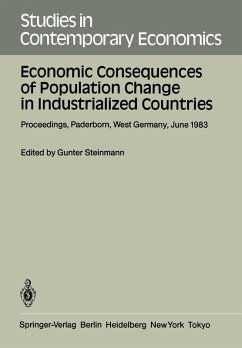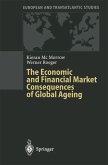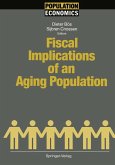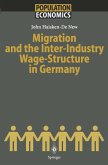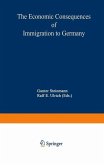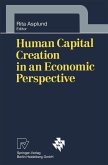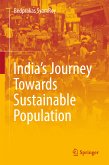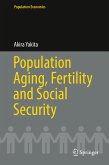The recent experience of industrialized countries with low fer tility and persistent immigration has stimulated interest in the eco nomic effects of population change in industrial countries and has led to new research in population economics. In Germany, however, where these demographic trends were perhaps most pronounced, research on po pulation economics has lagged. During recent years more German econo mists have also turned to this topic. This upsurge in research activity motivated the organisation of an international conference entitled "Economic Consequences of Population Change in Industrialized Coun tries", which was held from June 1 to June 3, 1983 at the University of Paderborn, W. Germany. The conference was designed to discuss and assess the new theoretical and empirical research work on the effects of population change on the economy, to intensify the international cooperation and to stimulate the research in population economics in W. Germany. This volume contains 23 revised versions of the 27 papers pre sented at the conference. Although the topics of the papers are di verse, they can be grouped into six general themes: The first section, including papers by Cigno, Steinmann, and Simon, deals with models of the secular interrelationships between population change, technical progress and economic growth. The models are built upon the framework of neoclassical growth theory and are extended by the assumption that the rate of technical progress is positively linked with population growth or population density.
Dieser Download kann aus rechtlichen Gründen nur mit Rechnungsadresse in A, B, BG, CY, CZ, D, DK, EW, E, FIN, F, GR, HR, H, IRL, I, LT, L, LR, M, NL, PL, P, R, S, SLO, SK ausgeliefert werden.
Hinweis: Dieser Artikel kann nur an eine deutsche Lieferadresse ausgeliefert werden.

